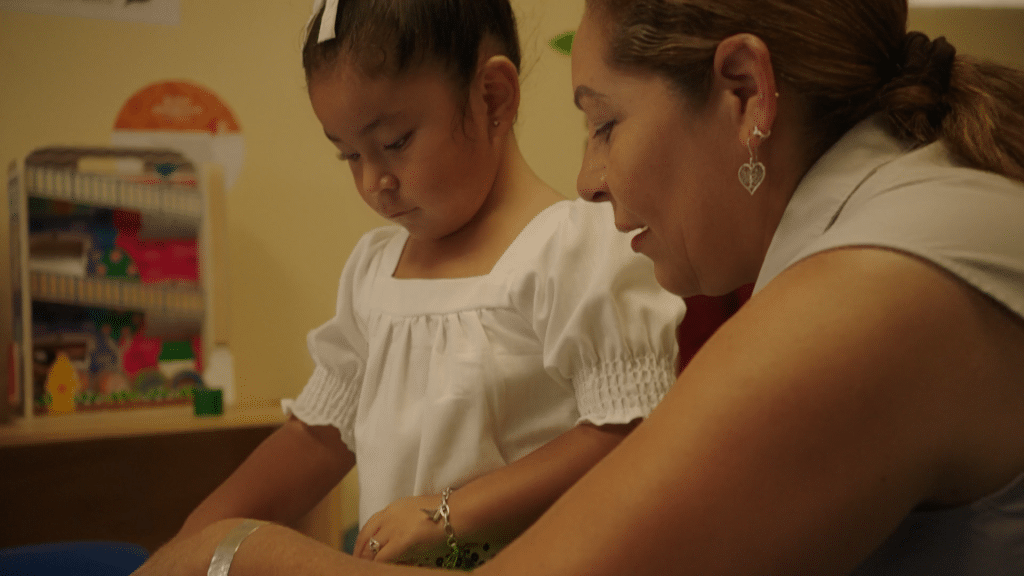At COP30 in Belém, Brazil, more than 35 governments and philanthropic donors announced a renewed Forest and Land Tenure Pledge—a five-year, $1.8 billion global commitment to support Indigenous Peoples, local communities, and Afro-descendant communities in protecting their lands and leading climate solutions.
The David and Lucile Packard Foundation supported the first pledge when it launched at COP26 in 2021, and is continuing this commitment. Lasting progress on climate depends on supporting the leadership of people who live in—and are most directly affected by—the world’s changing climate, especially in tropical forests that absorb carbon and sustain life.
“This pledge brings to life a shared vision for protecting critical ecosystems and supporting the people who steward them. Through deep and sustained collaboration, we’re working to shift policies and align funding in ways that support lasting solutions for both people and nature—from securing land rights for Indigenous Peoples, local communities and Afro-descendant communities to strengthening institutions and advancing climate resilience.”
Nancy Lindborg, President and CEO of the Packard Foundation.
Indigenous Peoples and local communities care for nearly half of the world’s remaining intact ecosystems, including many of the most carbon-rich tropical forests – natural systems that hold vast stores of carbon and help prevent it from entering the atmosphere. These forests are essential for slowing climate change and protecting biodiversity. When communities have legal rights to their land, they draw on generations of knowledge to keep forests standing, restore degraded areas, and sustain the ecosystems that help stabilize the climate.
Yet less than half of these lands are legally recognized, and many of these communities face persistent threats to their rights, safety, and ability to access and protect their territories.
Securing land rights and supporting community leadership are proven ways to reduce emissions, safeguard biodiversity, and build climate resilience. When local communities can govern and steward their lands, they are better equipped to prevent deforestation and lead long-term solutions.
The renewed pledge expands funding for land rights, local governance, and community-based conservation across vital ecosystems, including forests, mangroves, and savannahs.
In parallel, national governments announced a commitment to recognize 160 million hectares of Indigenous and community lands by 2030—roughly twice the size of California—further signaling global momentum toward land rights as a climate solution.





